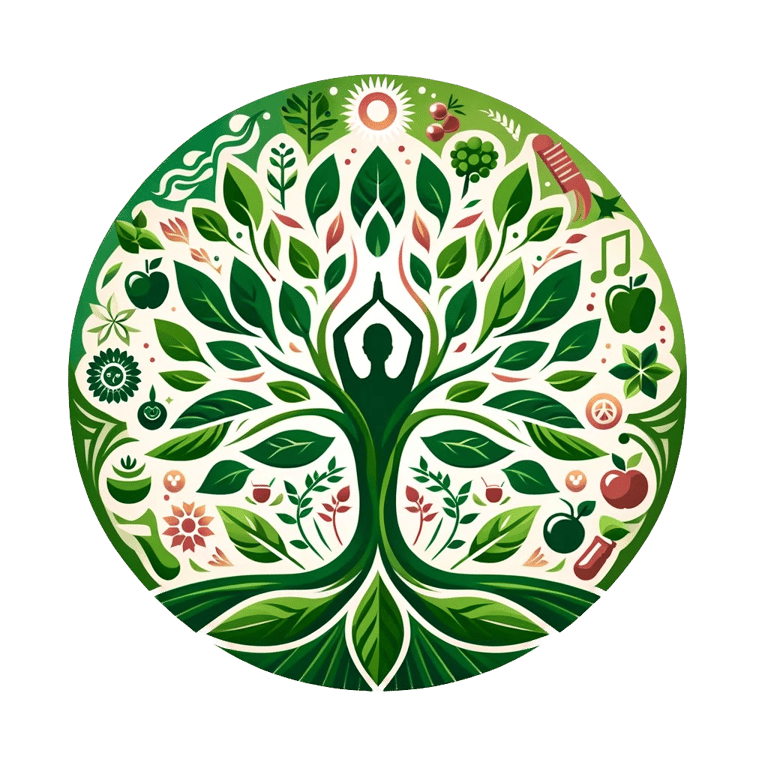
The Healing Power of Nature for health and well-being
Bruce Gibson ND
3 min read


The Healing Power of Nature.
Nature therapy is based on the idea that being in nature, interacting with it, or viewing nature scenes can profoundly affect our mental health.
The concept of the healing power of nature for health and well-being is a multifaceted one, encompassing various aspects such as physical, mental, and emotional healing. Here are key points that highlight how nature contributes to health and well-being:
Stress Reduction: Natural environments have been shown to lower stress levels. Exposure to green spaces reduces cortisol, a stress hormone, and promotes relaxation.
Improved Mental Health: Spending time in nature is linked with improved mental health. It can reduce symptoms of anxiety and depression, and enhance mood.
Physical Health Benefits: Activities in nature, like hiking or gardening, offer physical exercise, which is essential for maintaining physical health.
Enhanced Immune Function: Regular exposure to nature can boost the immune system, helping the body to fight off illness and disease.
Mindfulness and Presence: Nature encourages a state of mindfulness, where one becomes more aware of their surroundings and present in the moment, which is beneficial for mental well-being.
Vitamin D Production: Sunlight exposure in outdoor natural settings helps the body produce Vitamin D, crucial for bone health and immune function.
Improved Air Quality: Natural areas, especially forests and parks, provide cleaner air, which is beneficial for respiratory health.
Cognitive Benefits: Interacting with nature can improve cognitive functions, such as attention, memory, and creativity.
Emotional Connection and Well-being: Nature helps in creating a sense of connection, belonging, and emotional well-being, as people often feel a sense of awe and wonder when in natural settings.
Therapeutic Landscapes: Some environments, like gardens or water bodies, are specifically known for their therapeutic effects, providing a tranquil environment for relaxation and contemplation.
The healing power of nature is recognized in various practices like ecotherapy, forest bathing (Shinrin-yoku), and horticultural therapy, which use the natural world to improve physical and mental health.
Engaging with Nature: Practical Activities.
1. Forest Bathing (Shinrin-Yoku): This Japanese practice involves quietly walking and immersing oneself in a forest. It’s not about exercise but about simply being present in the natural environment, absorbing the atmosphere, and disconnecting from daily stresses.
2. Gardening: Gardening is a therapeutic activity that gets you in touch with nature and provides a sense of accomplishment. Growing your plants, whether flowers, vegetables, or herbs, can be profoundly satisfying and grounding.
3. Nature Walks and Hiking: Regular walks in a park or hikes in more extensive natural settings can be both physically and mentally rejuvenating. It’s an opportunity to clear your mind, breathe fresh air, and enjoy the tranquillity of nature.
4. Mindfulness and Meditation in Nature: Practicing mindfulness or meditating in a natural setting can enhance the benefits of these practices. The natural sounds and sights can aid in achieving deeper relaxation and presence.
Connection and Perspective: Spending time in nature can help us feel more connected to something larger than ourselves, providing a sense of perspective and peace.
Boosting Creativity and Problem Solving: Nature can stimulate creativity and enhance problem-solving abilities. It allows the mind to relax and wander, often leading to more profound insights and innovative ideas.
Physical Health Benefits: Activities in nature, like walking or gardening, also offer physical health benefits, including improved cardiovascular health and increased physical strength.
Incorporating Nature Therapy into Daily Life.
Incorporating nature therapy into your life doesn’t require drastic changes. Small, regular interactions with nature can be profoundly beneficial.
Urban Nature: Find pockets of green space like local parks or botanical gardens, even in urban environments.
Indoor Nature: Bring nature indoors with houseplants or by setting up a small herb garden. Even listening to natural sounds or viewing landscapes can have beneficial effects.
Regular Engagement: Make it a habit to spend time in nature, whether a daily walk in the park, weekly hiking, or weekend gardening.
Grounding in Nature.
Grounding, also known as earthing, is a therapeutic technique that involves activities connecting you physically to the Earth's surface, often through walking barefoot, gardening, or simply laying on the ground. This practice is believed to balance the electrical charge in your body, leading to numerous health benefits.
Grounding is thought to reduce inflammation, improve sleep, decrease stress, and increase energy levels. It allows for the absorption of negatively charged electrons from the Earth, which can neutralise free radicals in the body. To practice grounding, spend time outdoors in natural settings with direct skin contact to the earth, such as walking barefoot on grass, sand, or soil, or even hugging a tree. The simplicity of these activities makes grounding an easily accessible way to enhance physical and mental well-being by reconnecting with nature's inherent healing properties.
Nature Therapy is an accessible, effective way to enhance mental health and well-being. It reminds us of our intrinsic connection to the natural world and the importance of maintaining this connection in our increasingly urbanised lives. Regularly engaging with nature can nurture our mental, emotional, and physical health, finding balance and peace in the natural rhythms of the world around us.
* The Author Bruce Gibson ND, will be publishing a comprehensive series of Articles here, and is currently developing an Online Course on Wholistic Wellness & Naturopathy - stay tuned!
Let's talk about it...

